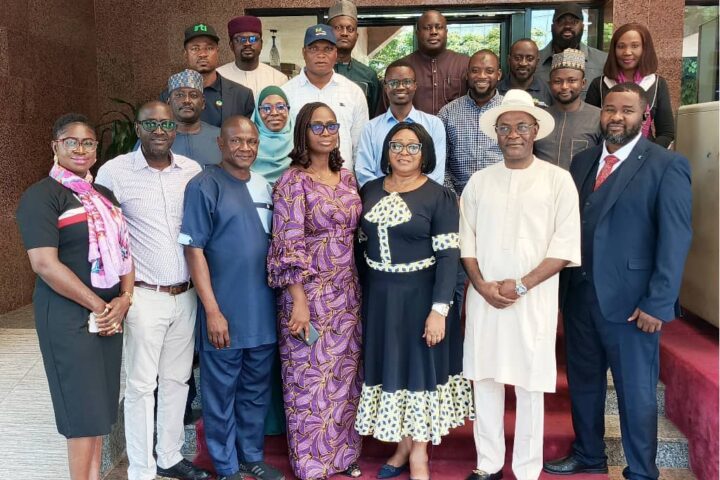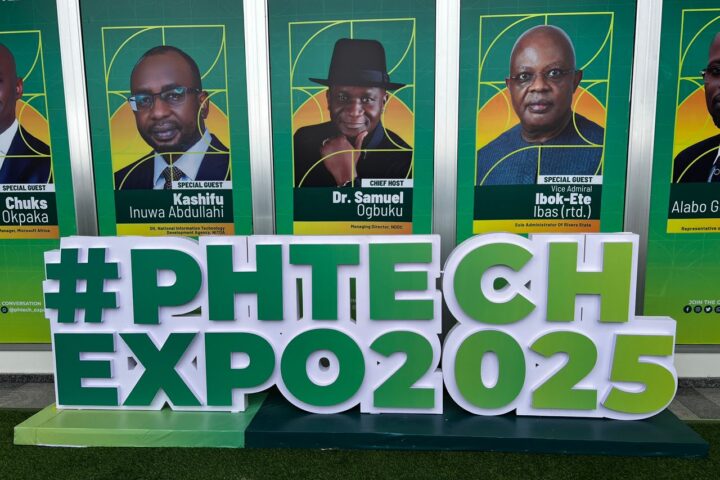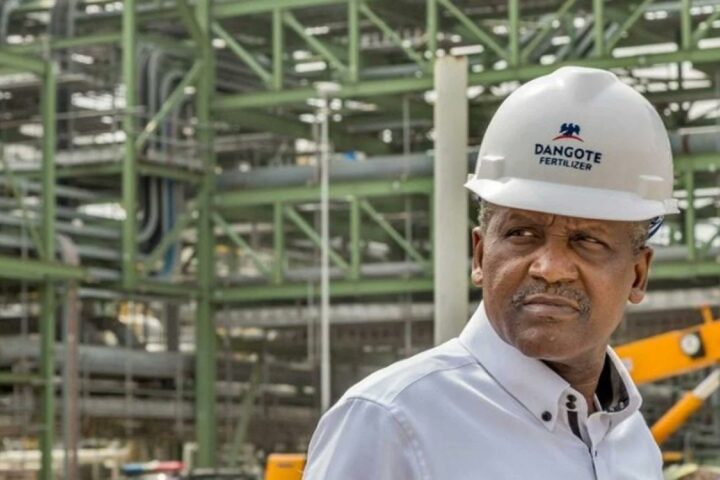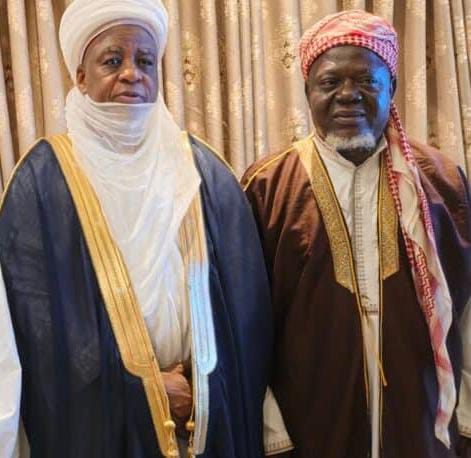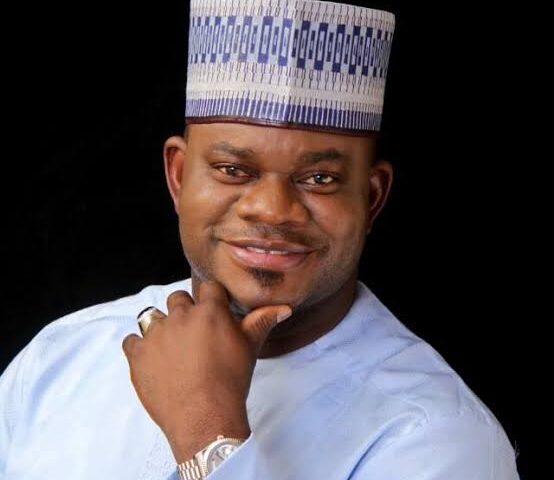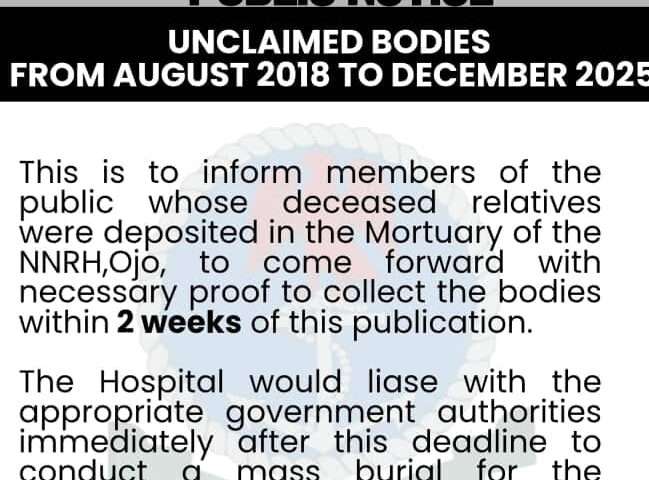The Minister of Communication Innovation and Digital Economy, Tijani Bosun has attributed the recent 50% increase in telecommunications tariffs to global inflation and rising operational costs.
The stakeholders meeting in the communication sector had recently approved a fifty percent tariff increment on calls and data.
The Minister,while appearing before the joint committees on communication for 2025 budget defense said the decision aligns with broader economic patterns, where tariffs can lead to higher consumer prices due to the added costs on imported goods.
“We have to make the sector continue to be self sustainable but at the same time we don’t want the effects being on Nigerians they were claiming that there was increase in tariffs. We have a lot of back and front and infact we have been talking on it before I was appointed the first time I met them almost sixteen to seventeen months ago, they were talking about the same thing they were talking about but now I think we have settled to about 50 percent to ensure that they can remain self sustainable but also the price hike is not significant to the point where it becomes painful to the people,” he said.
Speaking to journalists moments after defending his Ministry’s budget of N12 billion for 2025 Bosun stated that 50% adjustment aligns with broader economic trends.
According to him historically, tariffs act as a sales tax, causing a one-off price increase rather than sustained inflation.
He further explained that the Federal Government of Nigeria is planning to invest six billion naira to deploy ninety thousand kilometers of fiber optic cable, expanding the country’s capacity from 35,000 kilometers to 125,000 kilometers
The Minister of Communications, during the 2025 budget defence session said the planned deployment of fibre optic cable is an initiative aimed at fostering growth in critical communication sectors.



